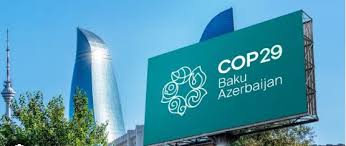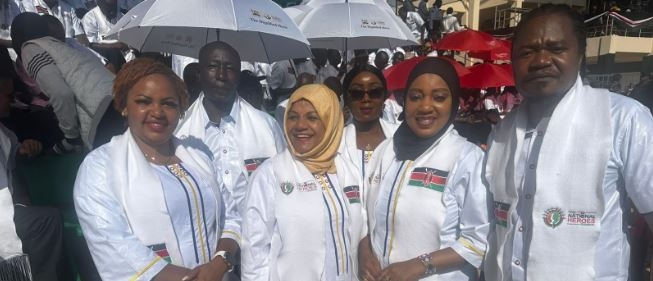

The just-concluded United Nations Conference of Parties (COP 29) in Baku, Azerbaijan, which took place from November 11 to 22, has sparked heated discussions in most developing countries, such as Africa.
Central to these discussions has been whether Africa received favourable climate finance commitments to address the ever-increasing impacts of climate change.
The richer countries agreed to raise their funding to $300 billion a year by 2035 to help developing countries adapt and mitigate disasters orchestrated by climate change.
In addition, the negotiators reached a consensus on other beneficial elements, like the standards for carbon credits under Article 6.4 of the Paris Agreement, which establishes an international carbon market to reduce greenhouse gas emissions.
However, the most crucial aspect for the African Group of Negotiators would have been an agreement to urgently commit $1.3 trillion (Sh168 trillion) to climate action.
Based on this, there were and continue to be discomforts about how COP29 turned out.
Some of the African Group of Negotiators referred to the pledge as “too little, too late,” while the representative from India called it “a paltry sum.”
Besides this, Azerbaijan’s president’s statement complicated the situation when he referred to oil and gas as a ‘gift from God’.
Such a statement, during a global meeting to discuss ways of transitioning from oil and gas to clean energy, raised a lot of concerns about the goodwill of some of the delegates and the general purpose of having COP in an oil & gas-dependent nation.
In the case of Africa, the continued decades-long cry for justice casts a shadow on the entire negotiation process in such a high-level meeting.
Its contribution to climate change is almost insignificant for a continent with approximately four per cent of the total greenhouse emissions to the environment.
Yet, it is worse hit by these climate change-related impacts.
In addition, most of the greenhouse gases are absorbed by a single carbon sink - the Congo Basin, which is referred to as the ‘lungs of Africa’ by the World Bank.
This carbon sink absorbs almost 1.2 billion tonnes of carbon emitted to the environment annually, while Africa emits only about 1.45 billion tonnes.
It is, therefore, shocking that with all these, Africa faces prolonged droughts, floods, diseases and climate-related impacts that are devastating lives and livelihoods, pushing communities further to abject poverty, food insecurity and deaths due to the activities of the developed countries.
Further, most African countries are burdened by climate finance loans, which are damaging their fragile economies.
Sub-Saharan countries like Kenya have resorted to heavy taxation to pay these loans, putting more pressure on communities.
Therefore, the call for climate adaptation funds in the form of grants is timely.
This will be the second year in a row of the hottest years.
The world is becoming warmer, posing a significant concern for the long-term sustainability of life on Earth for both developed and developing countries.
Thus, there is an urgent need to take climate action more seriously.
Global meetings like COP 29 must be used to insist on significant commitments to climate action from developed countries that contribute most to this crisis.
All countries must be held accountable to the agreements made.
Author is a communication specialist












